As far as "humble musical beginnings" stories go, I consider myself pretty lucky. It was the early '90s, and at 20 years old, I had just come out when I jumped headfirst into my very first band, the Fabulous Scallion Sisters -- later renamed Paper Dolls. I joined four other gay women who had already developed a huge queer following, and I was accepted from the start. But the road (forward and back) isn't always so easy.
Many of the hurdles I've had to overcome throughout my music career have stemmed from being a woman. Add on top of that being a queer woman who is a kick-ass rock drummer, and you are primed for endless "you're pretty good for a girl" comments. But I never let it really bother me. I learned throughout my career that there will always be people who do not want to see you succeed and will do everything in their power to work against you, especially based on how you look or how you identify -- and unfortunately, this is true as of this writing. It's a painfully outdated mentality that I know many of us continue to fight daily.
At this stage in my career, I feel I have a duty to continue speaking out and standing up against that type of behavior so we -- and those coming behind us -- can have a more inclusive environment. We must stick together and provide a safe space where we all support one another. Growing up, I wasn't exposed to many other female drummers. I'd get the eye roll when I sat behind the drum kit at a show. But after counting off the song and three seconds of playing, the audience's perspective completely changed about me. You can overcome all of the labeling when you've got the chops and are clearly undeniable. There is no shortage of LGBTQ+ artists who fit that bill and who inspire me every day as a music creator.
I marvel at the courage and tenacity Lil Nas X had to come out at the pinnacle of his career. He was young. He was bold. He was brave. He is an inspiration to all of us in the queer community, and he showed it's OK to be your true self. I had the privilege of meeting him, and he is level-headed, hilarious, positive, and inspiring, and he doesn't take himself too seriously. He's an all-star. And then I also look to Janelle Monae. Janelle is multitalented and has such grace and poise, especially when addressing her sexuality. Going back further, I look to artists like Elton John and Freddie Mercury who led the way for the LGBTQ+ music community in the 1960s and '70s. How they were able to sustain their careers during that time was truly remarkable. I mean, Elton started his AIDS foundation in 1992. How much more humanitarian can you get than that?
It's that kind of spirit that I hope to bring into my role as the Board of Trustees chair at the Recording Academy, the world's leading society of music creators, known for the Grammy Awards show. Music creators are one of the most diverse groups of people on Earth, but professional pathways have been limited for far too long for too many of us. The Recording Academy has been working to change that, and just a few weeks ago, we announced a partnership with GLAAD, the world's largest LGBTQ+ media advocacy organization. This partnership is vital in today's world. And as I'm both an independent music veteran and part of the LGBTQ+ community, this partnership hits close to home. I have been a part of Atlanta's music scene for decades and feel it is my personal duty to ensure our community is well-represented in the industry.
Through our partnership with GLAAD, we donated $150,000 to support its work to diversify the music industry and champion musicians in the LGBTQ+ community. Together we plan to spotlight queer music artists on Grammy.com and GLAAD.org as well as each organization's social media channels; support the 33rd Annual GLAAD Media Awards in Los Angeles on April 2 and New York on May 6; hold focused diversity, equity, and inclusion training sessions hosted by the GLAAD Media Institute for Recording Academy for elected leaders and staff to learn more about LGBTQ+ people and issues; and partner with key GLAAD executives who will participate in the Recording Academy's DEI speakers series throughout the upcoming year.
This partnership came about as GLAAD and the Recording Academy discussed how we can highlight and amplify the LGBTQ+ community within the music industry. We were excited to combine forces and address head-on the intersectionality of diversity, equity, and inclusion, specifically LGBTQ+ representation within music.
This partnership is just one of the many examples of what the Recording Academy is doing to be inclusive and serve underrepresented communities. Another great example is the rollout of the inclusion rider for the 2022 Grammy Awards. The Recording Academy is committed to ensuring the music industry at large represents a diverse and inclusive community, from our members to the industry, and that includes who is hired at every level to help put on our annual Grammy Awards show. Because of our commitment to equity, including this rider, behind the camera for our 2022 show you'll see more diverse genders and sexualities, people of color, and persons with disabilities working. But we're looking in front of the stage too. We are making sure that we are reflecting the diverse music community that we represent.
The work is extending to our new member recruitment. In 2021 alone, we offered membership to 2,710 established music professionals from wide-ranging backgrounds, genres, and disciplines. The invitations also reaffirm the Recording Academy's recognition of the important contributions of music people to influence progressive changes within the music industry. The 2021 class of invitees is 48 percent women, 32 percent Black, 13 percent Hispanic or Latinx, and 4 percent Asian or Pacific Islander. Recording Academy membership reflects the rich, diverse, and wide-ranging contributions of music creators and professionals.
I stand behind the work and systems we've put in place to ensure representation is taken seriously and implemented at many different levels, but good, hard change takes time. We are listening, we are learning, and we are finding ways to get this right, for music creators and all the professionals who support them in our industry today and into the future.
At the Recording Academy, we are holding ourselves accountable 365 days a year and truly committing to inclusive integrity in the music industry. We are very excited to unite with GLAAD, disrupt the narrative, provoke dialogue, and roll up our sleeves to help make the change unfold.
Tammy Hurt is an Atlanta-based recording artist, drummer, music producer, and Emmy-nominated TV producer. She serves as the chair of the National Board of Trustees of the Recording Academy -- the organization behind the Grammy Awards. She made history as the first out LGBTQ+ officer of the academy.
Above From Left Kali Uchis Photo Michael Kovac/Getty T.J. Osborne Photo Danielle Del Valle/Getty Lil Nas X Photo Mike Coppola/Getty Michelle Zauner of Japanese Breakfast Photo Scott Legato/Getty





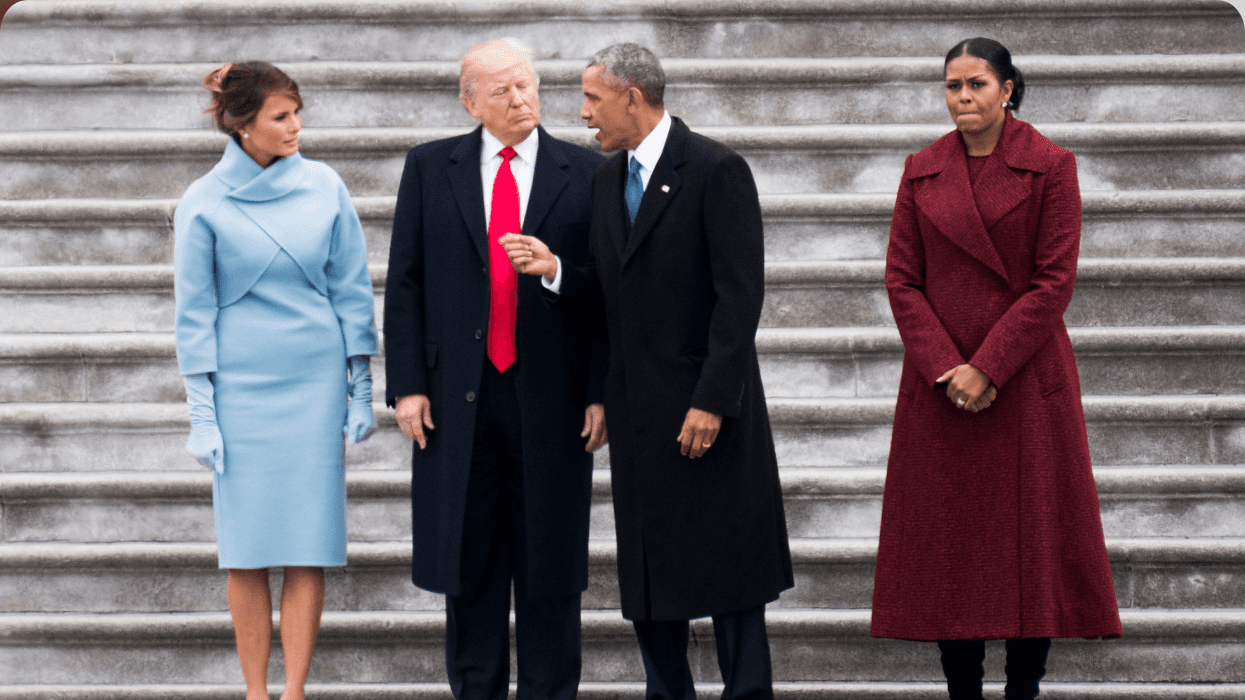
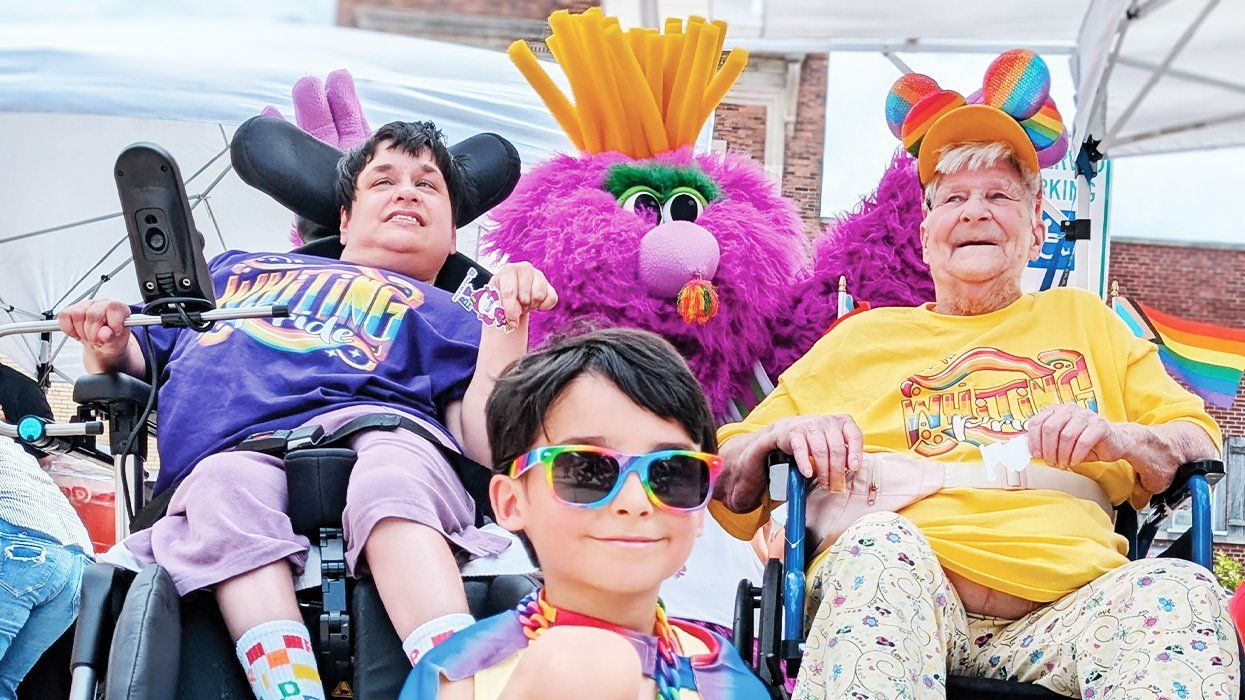
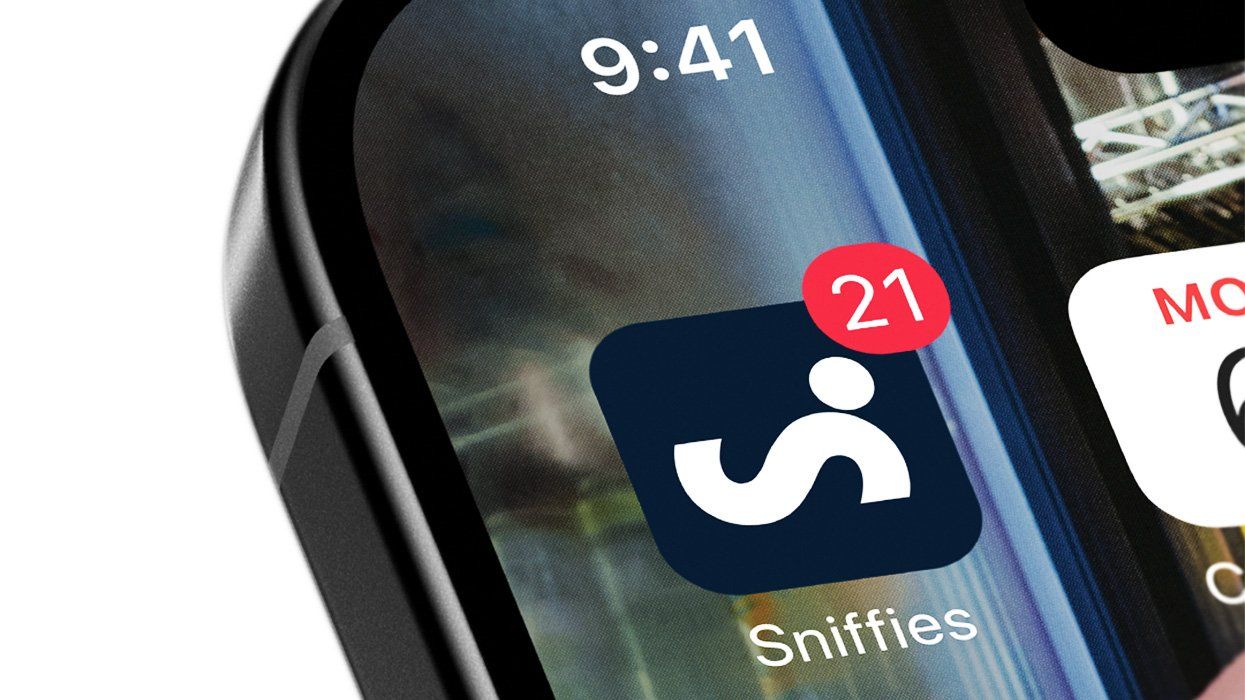

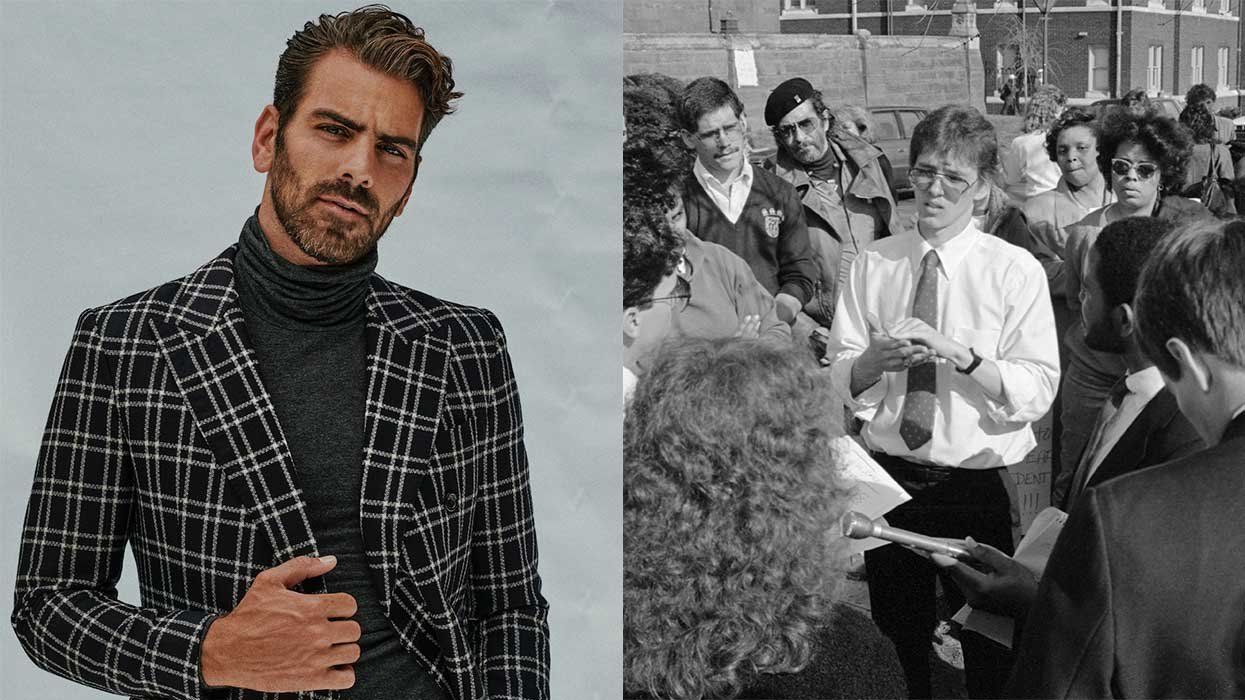
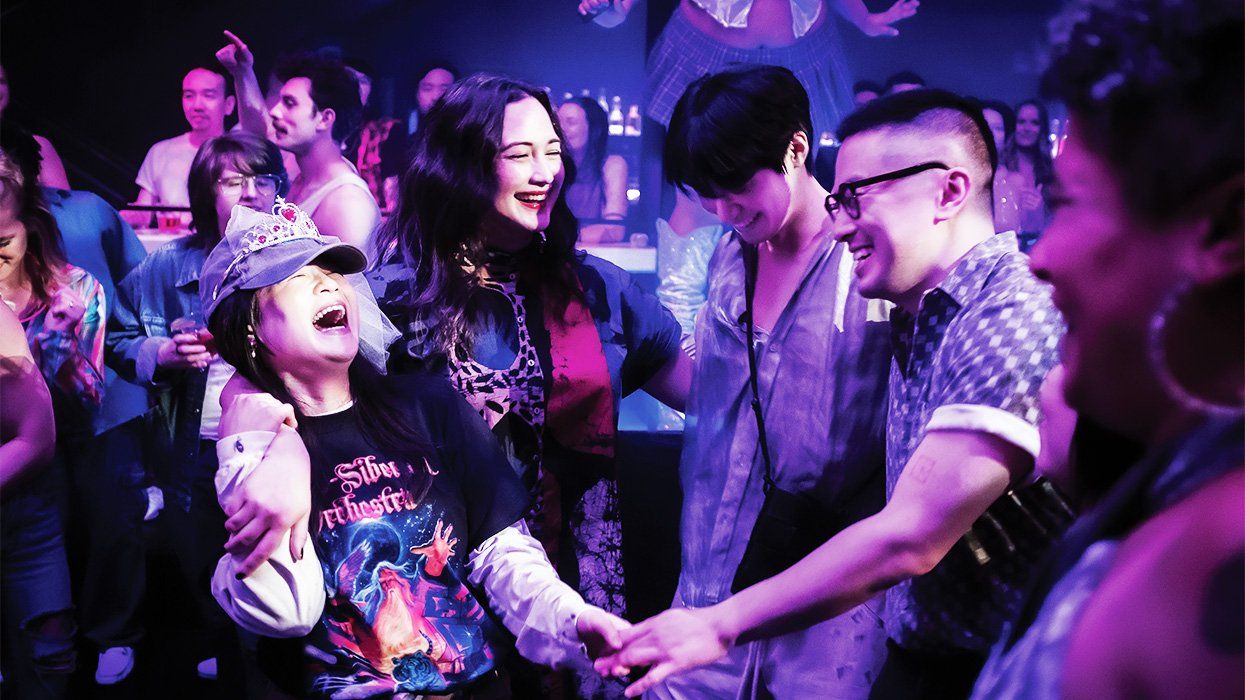
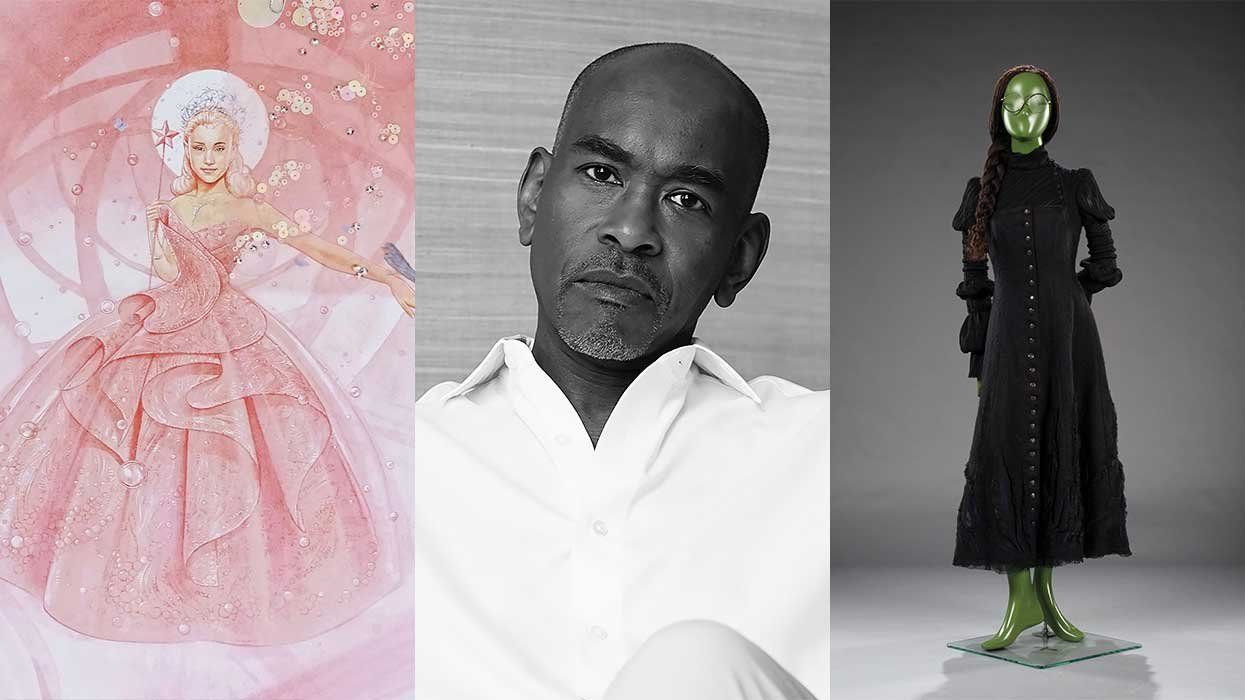






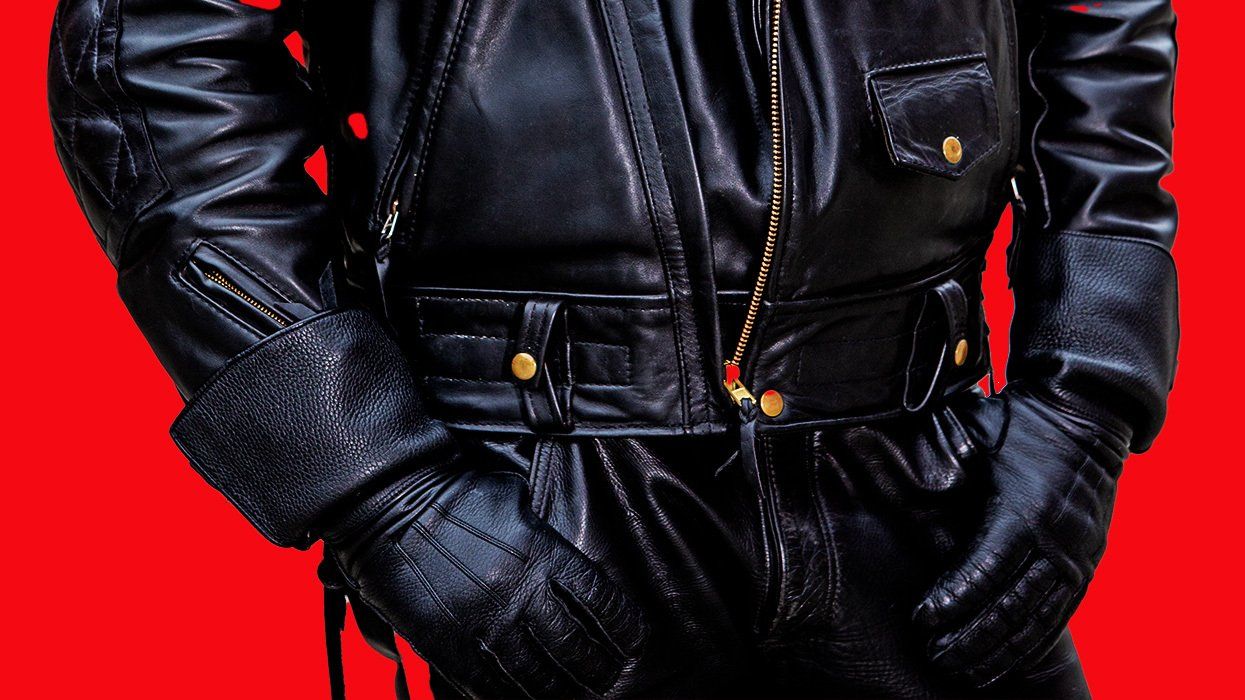
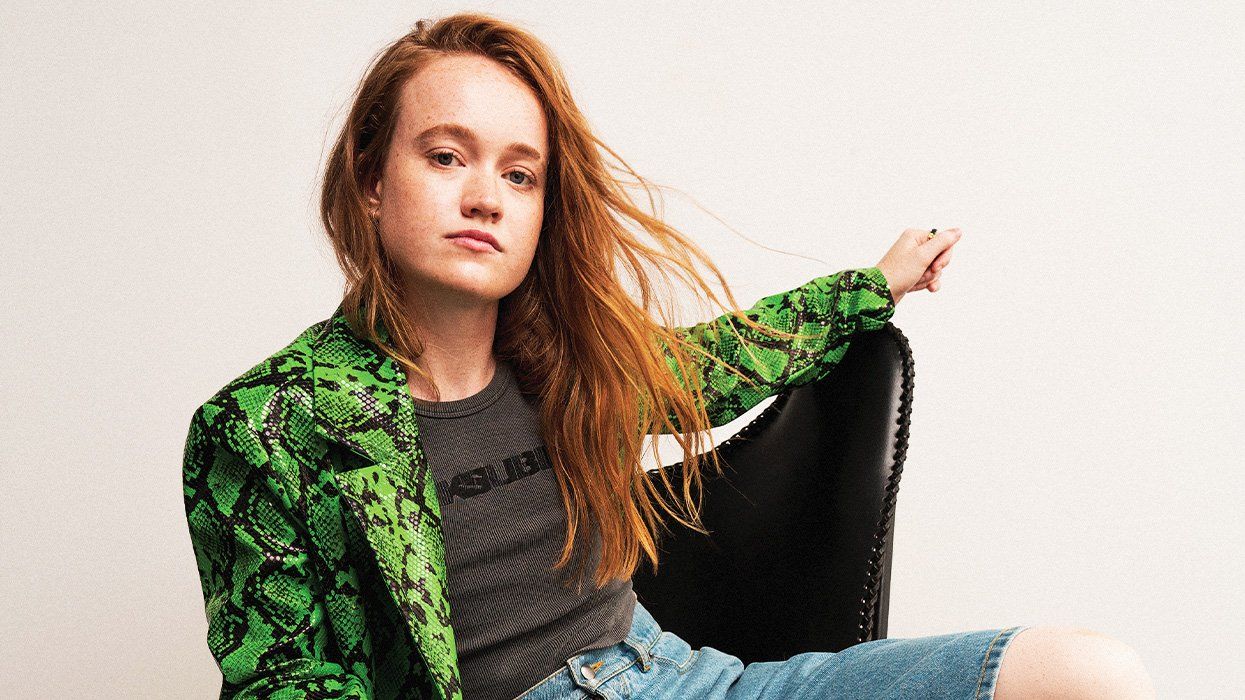
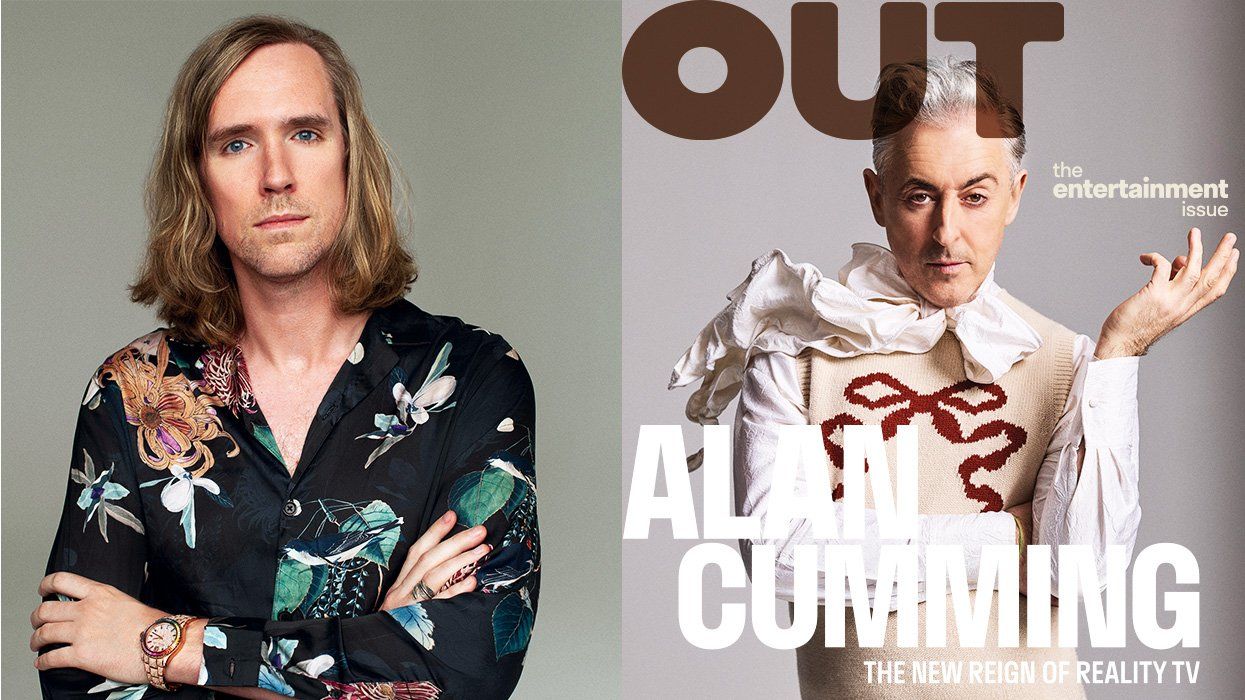
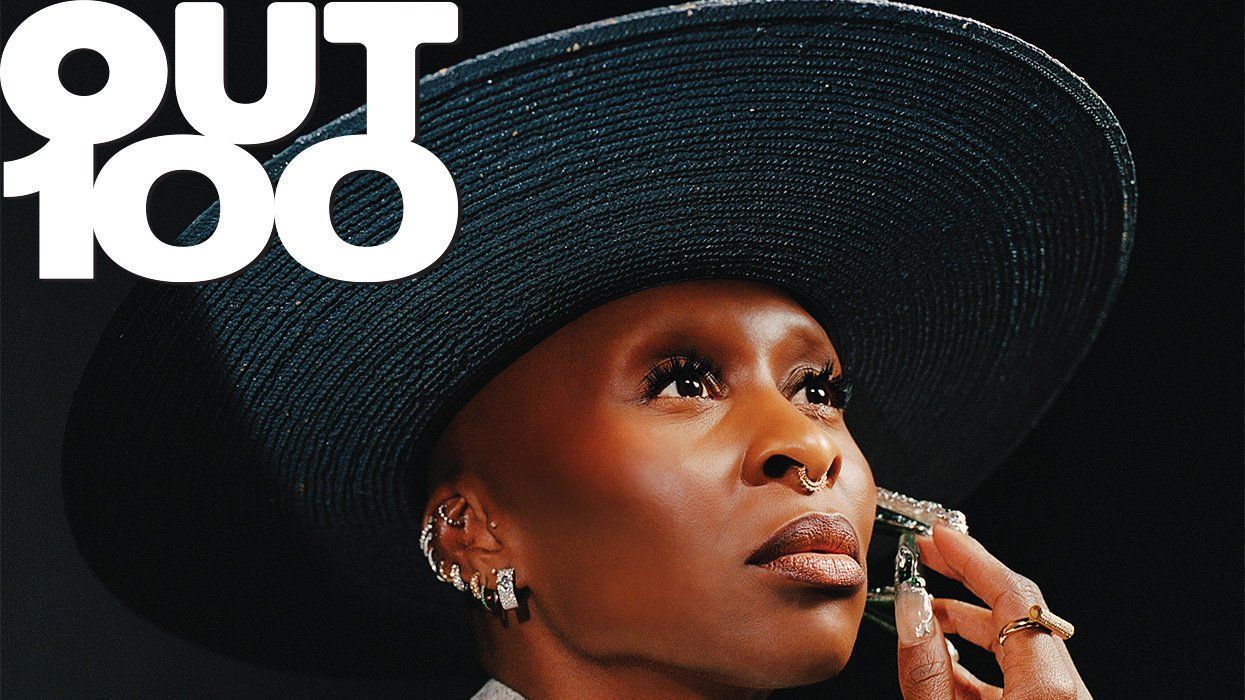

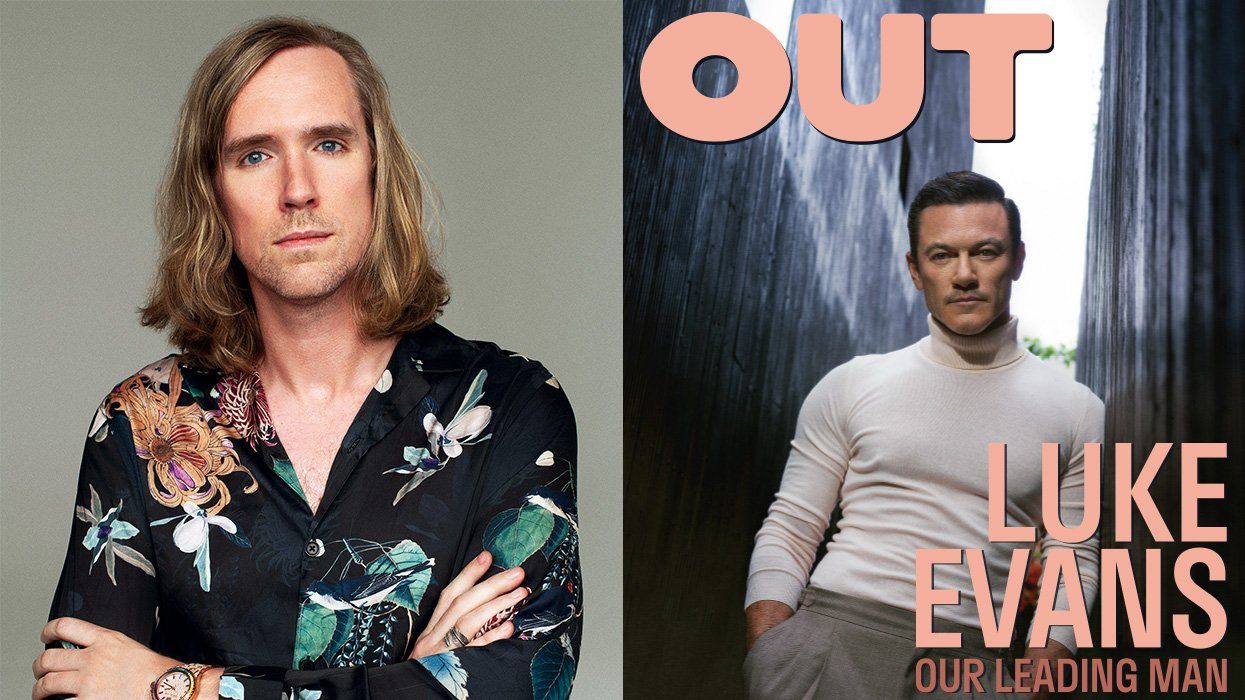
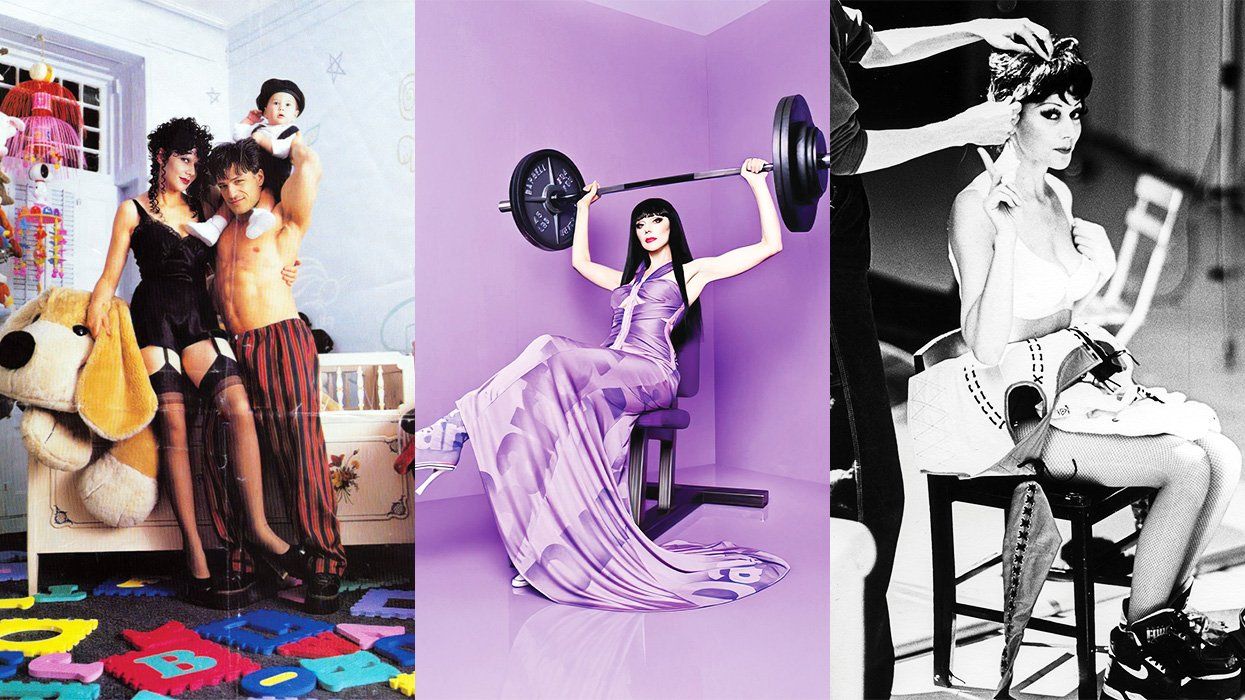
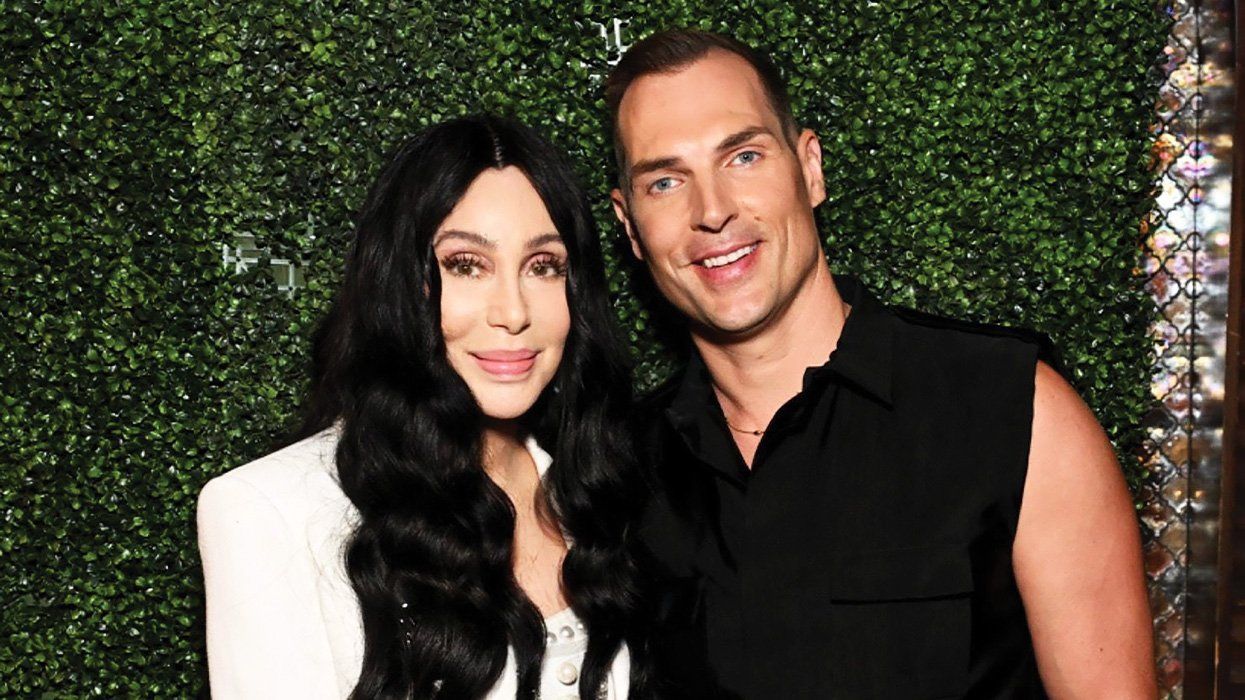

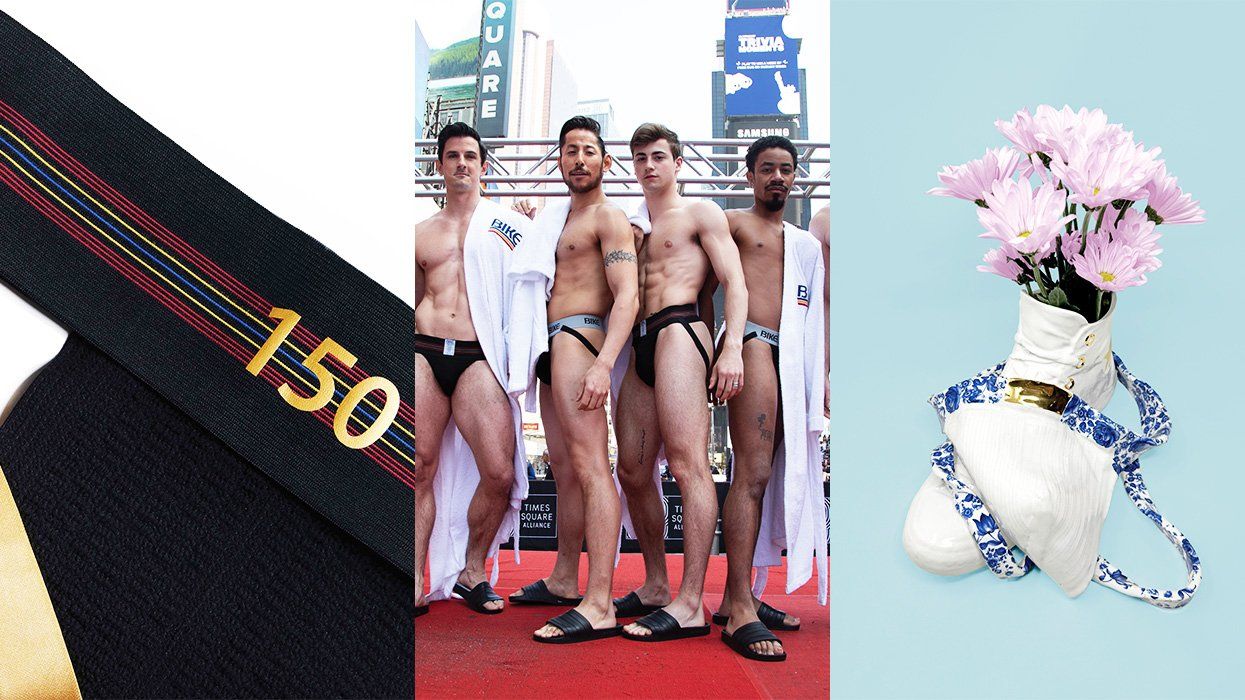
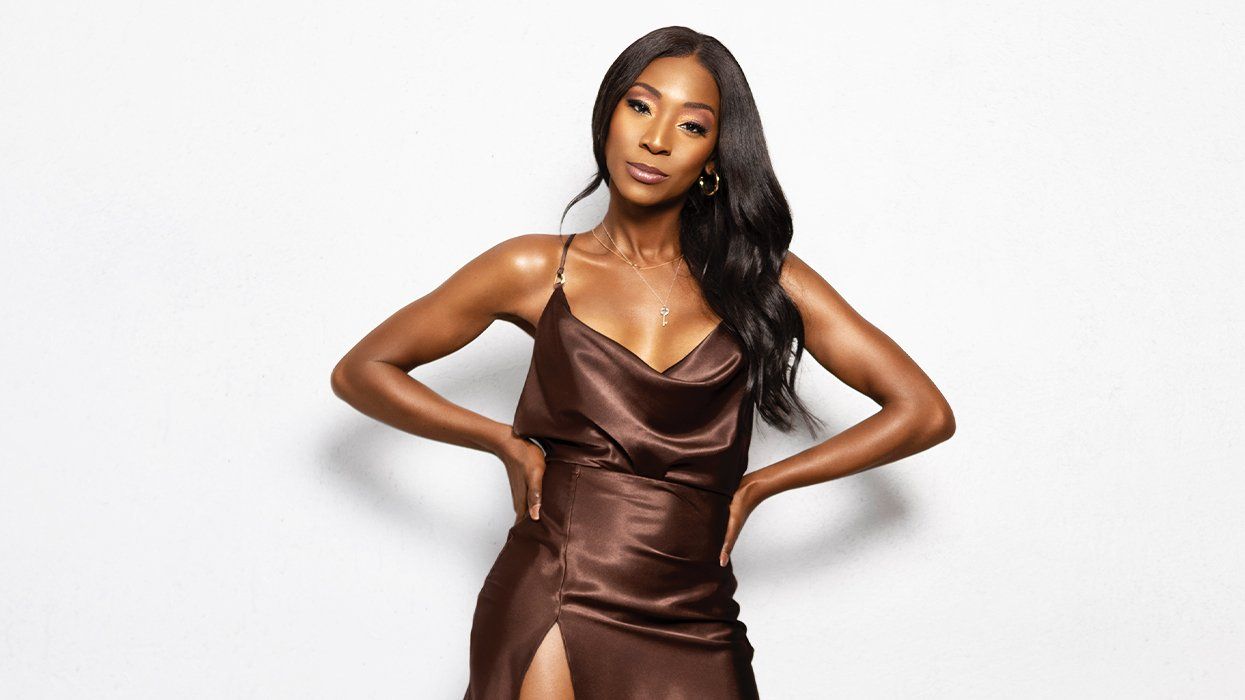
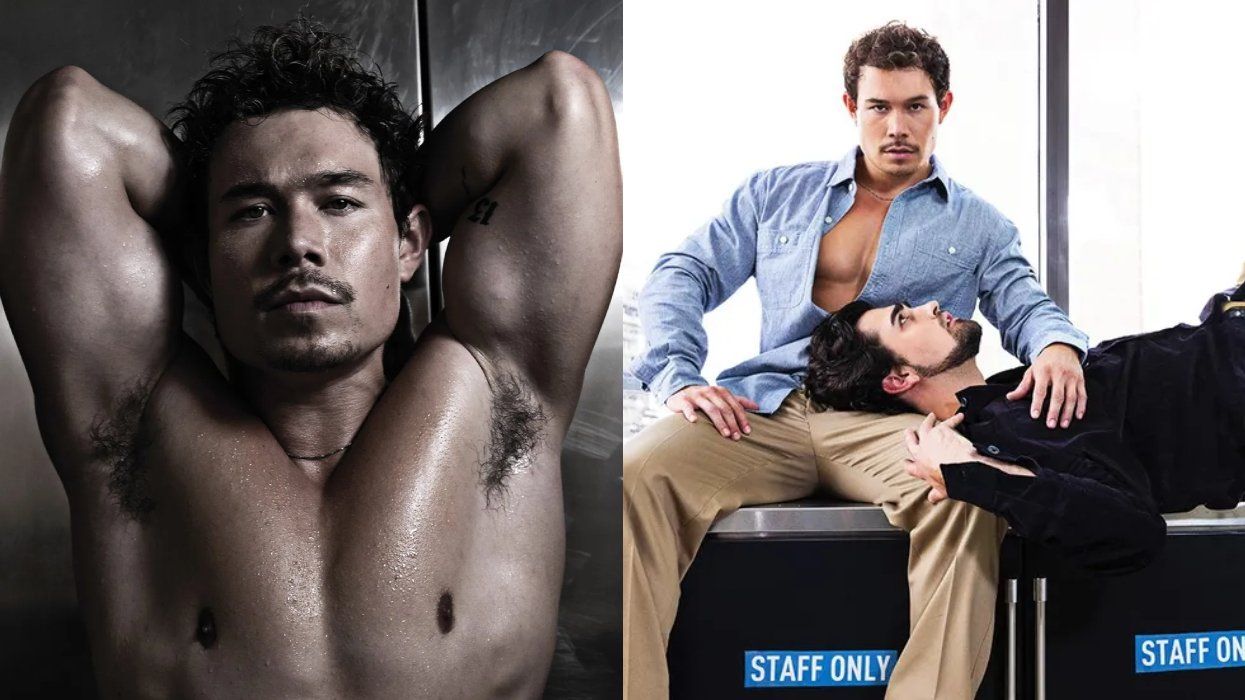
I watched the Kid Rock Turning Point USA halftime show so you don't have to
Opinion: "I have no problem with lip syncing, but you'd think the side that hates drag queens so much would have a little more shame about it," writes Ryan Adamczeski.